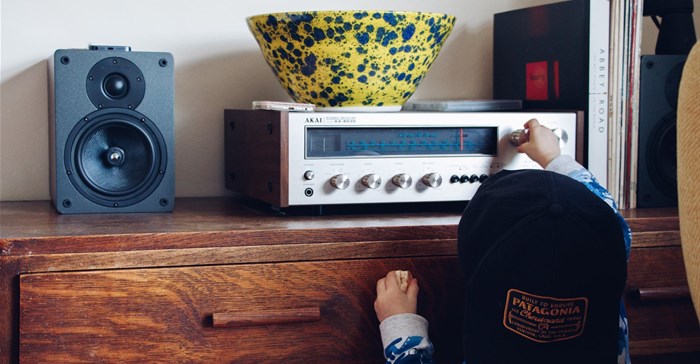
Top stories






More news














The Covid-19 pandemic has resulted in an increase in media consumption and the radio sector is reaping the benefits.
Research experts at the National Association of Broadcasters (NAB) have gathered key information about how the pandemic has affected the radio industry.
They found that people around the world are listening to more radio as social distancing changes behaviour and South Africa is no different.
The Radio Advertising Bureau (RAB) in America found that 34% of respondents working from home as a result of the coronavirus listened to radio more, compared to 28% who are at home, no longer working a regular job.
Germany, the United Kingdom and Australia have also reported an increase in radio reach and listening hours.
Back home in SA, the NAB found that 36% of respondents say they are listening to more radio during the national lockdown.
Surveys conducted by some of the country’s biggest commercial radio stations showed an increase in listening time.
There has also been a notable increase in streaming with an average rate of between 40-50% on AlgoaFM, GagasiFM and SmileFM. Researchers have also observed that call-ins have also gone up by at least 30% on UkhoziFM.
NAB executive director, Nadia Bulbulia, says radio provides a sense of connection to communities.
It is evident that now more than ever, it serves as a trusted companion and draws us even closer to engage as audiences – we feel less alone, at this time of social distancing.Radio is also playing an important part in lifting people’s spirits.
The United Kingdom’s Radiocentre: Rescue Remedy found that radio had the highest influence on happiness. 77% of respondents also said that it is their most trusted medium.
Radiocentre, which is an industry body for commercial radio in the UK, also conducted research to find out how exposure to radio advertising influences brand browsing behaviour online.
It found that exposure to radio advertising boosted brand browsing by an average of 52%. This was achieved with radio at only 10% of the budget on average for the brands which were browsed.
Bulbulia says:
With such impressive levels of brand browsing following radio advertising, marketers ought to be investing in radio spend, especially since rate cards have not gone up. Radio’s quick turnaround on production and flighting also makes it the ideal place to advertise when adaptability is required. It definitely holds its own as a vital medium for campaigns and brand communication.“What Covid-19 and lockdown measures have confirmed globally, is that our roads may be empty with no drive-time rush, but audiences stay tuned for longer as loyal fans. As we prepare for sustained social distancing and working from home, the new normal demands new thinking about the value of radio,” she says.